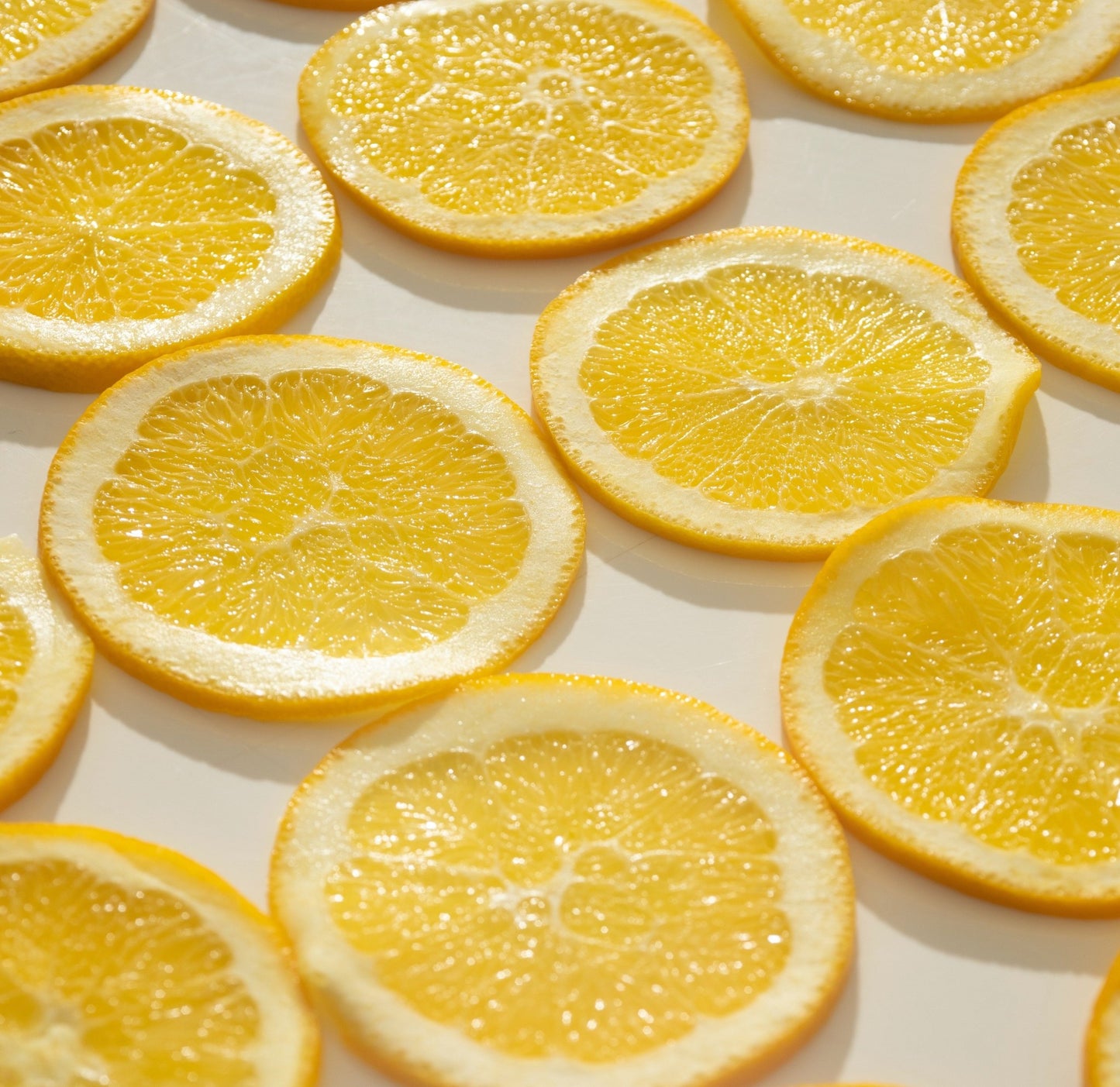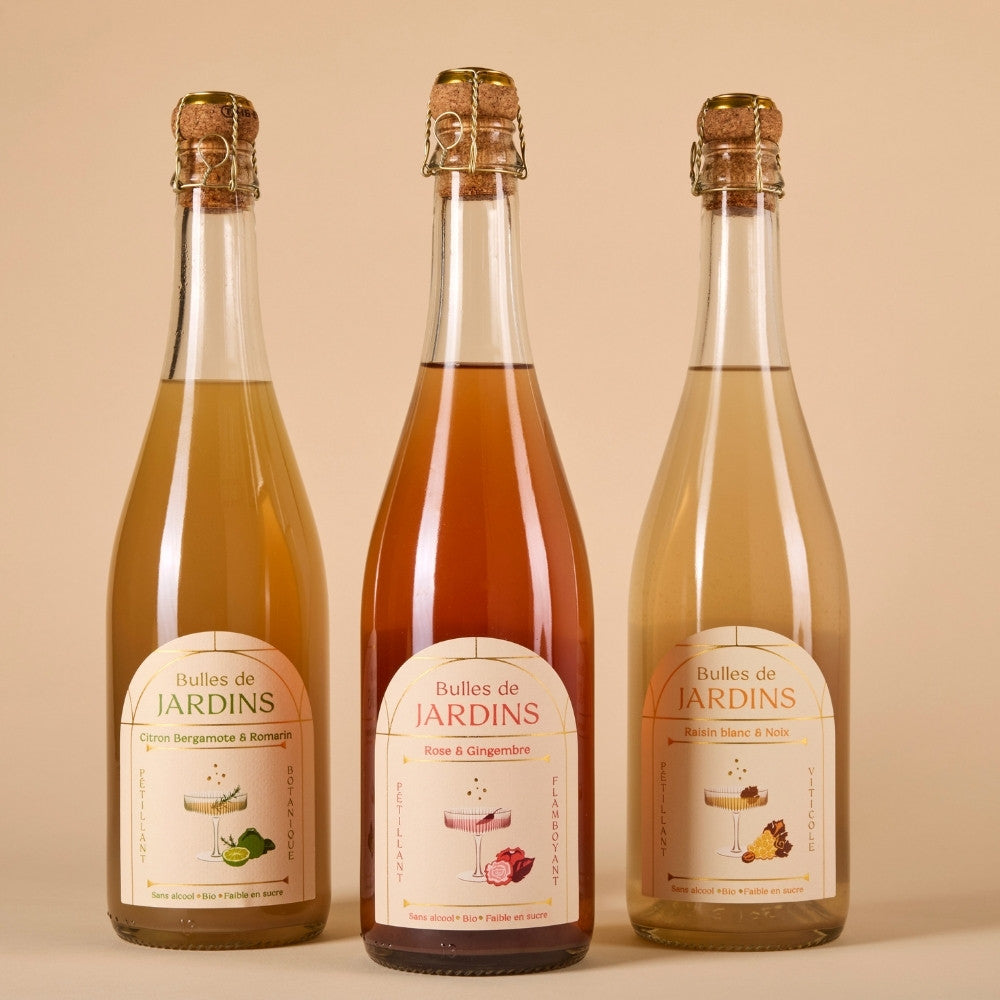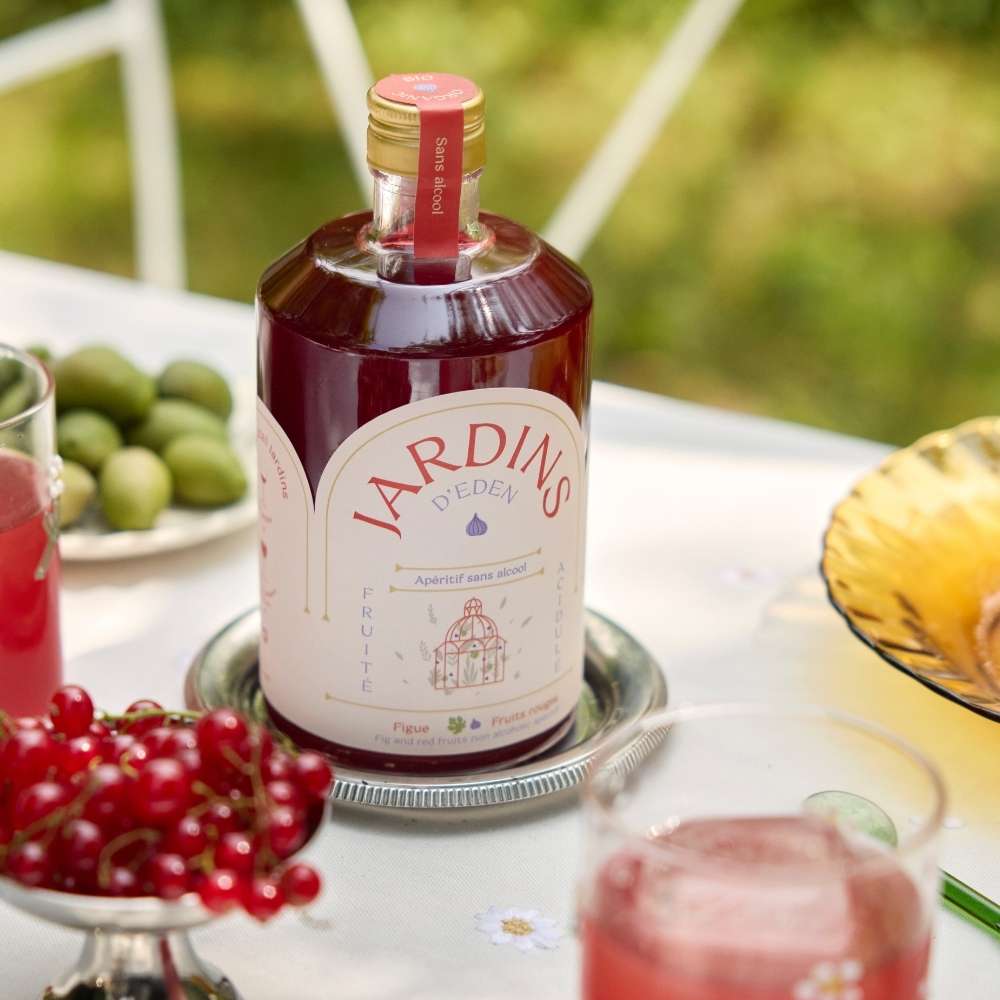
5 tips for drinking and eating without sugar
Nowadays, more and more people are becoming aware of the importance of eating a balanced diet to maintain their health. However, one ingredient that is omnipresent and difficult to avoid is sugar. While sugar may seem harmless, excessive consumption of it is linked to many health problems such as obesity, type 2 diabetes, and cardiovascular disease. It is therefore essential to reduce our sugar intake on a daily basis. Here are five practical tips to help you eat and drink while minimizing sugar intake.
1- Read food labels carefully
One of the first things you should do is read the labels on the foods you buy. Sugar isn’t just found in obvious sugary foods like candy or soda, but in many other foods we eat every day, often without realizing it. Sauces, salad dressings, cereals, and even some “light” or “reduced” products can contain significant amounts of added sugar. To limit your consumption, choose products that are low in sugar or have no added sugar. Familiarize yourself with the different names for sugar on labels, such as corn syrup, fructose, and dextrose, which are often used to mask the presence of sugar.
2- Beware of artificial sweeteners
Artificial sweeteners are often marketed as healthy alternatives to sugar, but they’re not without their health risks. Some of these sweeteners, while low in calories, are much sweeter than regular sugar, which can increase your sweet tooth. Plus, studies have shown that regular consumption of them may be associated with an increased risk of type 2 diabetes, weight gain, and even cardiovascular disease. For a more natural way to sweeten your foods, consider alternatives like stevia, honey, maple syrup, or agave syrup. These natural sweeteners, used in moderation, can provide a pleasant sweetness without the harmful effects of synthetic sweeteners.
3- Prepare your homemade dishes
Another great tip for reducing your sugar intake is to cook your own meals. Ready-made meals, whether frozen or canned, often contain added sugar to improve taste or preserve. By cooking at home, you have complete control over the ingredients you use. You can avoid added sugars and opt for healthy alternatives to enhance the taste of your dishes, such as spices, herbs, and vegetables. In addition, preparing your meals at home allows you to reduce the use of other additives often found in processed foods, such as salt and preservatives, which contributes to a healthier diet overall.
4- Opt for healthy and natural snacks
Snacks are often a sneaky source of sugar, especially energy bars, cookies, and sugar-coated dried fruits. To avoid these pitfalls, opt for healthy, natural snacks. Crunchy vegetables with hummus, fresh fruit, nuts, and seeds are all nutritious options that will give you energy without the excess sugar. If you’re a fan of granola bars, consider making your own using raw ingredients and avoiding added sugar. This way, you can create snacks that are both tasty and healthy.
5- Say no to industrial sodas and opt for natural drinks
Sodas and industrial fruit juices are real sugar bombs. In addition to their high sugar content, these drinks provide very little, if any, nutritional value. To avoid these harmful drinks, opt for water, which remains the best choice for hydration. If you want to vary the pleasures, opt for homemade drinks, such as water infused with fresh fruit, or 100% pure fruit juices, with no added sugar. In addition, some innovative brands, such as Jardins , now offer tasty and low-sugar drink alternatives, allowing you to indulge yourself without feeling guilty.
By applying these tips on a daily basis, you can reduce your sugar consumption, promote a balanced diet, and improve your health in the long term. It's up to you!






